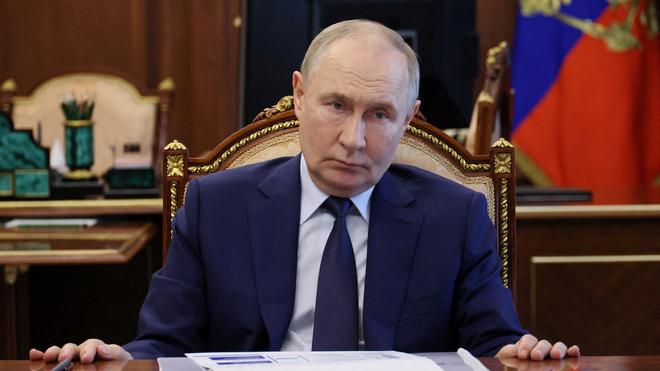Subtitle:
Kremlin signals willingness for dialogue, yet reiterates firm stance on military objectives in Ukraine
News Report:
The Kremlin announced that Russian President Vladimir Putin is open to negotiations to end the ongoing war in Ukraine—but emphasized that Moscow remains committed to achieving its core military and strategic objectives.
In a recent statement, Kremlin spokesperson Dmitry Peskov said President Putin “has always been open to dialogue” regarding Ukraine. However, he clarified that Russia’s willingness to engage in peace talks does not mean the country is prepared to abandon its original aims, which include what Moscow refers to as “demilitarisation and denazification” of Ukraine, along with securing the territories currently under Russian control.
The statement comes amid continued international pressure on Moscow to de-escalate the conflict, which has entered its third year with no sign of resolution. Despite battlefield fatigue on both sides and mounting humanitarian crises, the Kremlin has signaled that any peace process must recognize Russia’s gains and security concerns.
According to Russian officials, the West’s approach to the conflict—particularly military support for Ukraine—has made meaningful negotiations difficult. Moscow has repeatedly accused NATO countries of fueling the war and undermining any chance of a diplomatic breakthrough.
Ukrainian President Volodymyr Zelenskyy, however, has consistently ruled out any agreement that legitimizes the loss of Ukrainian territory or compromises the country’s sovereignty. Kyiv continues to demand a complete withdrawal of Russian troops and the restoration of its internationally recognized borders.
Analysts say the Kremlin’s statement may be part of a broader strategy to project openness to peace while maintaining leverage on the battlefield. Some observers believe Moscow is trying to improve its diplomatic image amid growing war fatigue among Western allies, especially as political shifts in Europe and the U.S. raise questions about long-term support for Ukraine.
Still, the prospects for peace remain uncertain. Without mutual concessions, both sides appear locked in a prolonged stalemate—one that continues to exact a heavy toll on civilians and deepen global tensions.
While the door to dialogue is not entirely closed, the conditions set by Moscow suggest any serious negotiations will likely be delayed until the military dynamics shift decisively

